A pivotal country between Africa and the Near East, a veritable mosaic of people, ethnicities, languages and traditions, Sudan, which became independent in1 January 1956, is probably experiencing one of its most politically uncertain years in 2020. The illustration of this political fragility can be found in the attempted assassination of the Prime Minister of the Transitional Government, Abdallah Hamdok, in the middle of Khartoum on 9 March 2020. A Prime Minister who must, in parallel with a transitional sovereign council appointed on 17 July 2019, deal with the realities of a complex political game in Sudan, and at a time when colossal political and economic projects are to be tackled. in July 2019, the Sovereign Transitional Council is composed of 11 members “five military, five civilians, as well as a personality that builds consensus between civilians and the military.” Internally, a political imbroglio of the marginalization of the peripheries and the violation of fundamental rights.
The political life of Sudan has been marked since the beginning of its contemporary history by socio-political movements, especially from 2009 with the emergence of the movement “Gerefna” (“we’re fed up” in Arabic soudanais), then in 2013, 2016, the bloody repression has resumed , and since December 2018 with anger at the tripling of the price of bread. Until 11 April 2019, when President Omar al-Bashir was overthrown (1989-2019),the political chessboard in Sudan was fully occupied by the presidential party, the congress party, and its affiliates, with a near-total hold that many of the political movements have paid for..
If, at the beginning of2020, the space of civil society has slightly opened “Sudan occupies the 156th place in the ranking on press freedom in Sudan in 2020, while it was 175th in 2019.
General of the army, former defence attaché of the Sudanese Embassy in15, and current president of the Sovereign Transitional Council. en ch Because the political and economic challenges facing the Sudanese government are numerous:
- Rampant inflation (over 70%), a lack of labour market opportunities, while 36% of the Sudanese population lives in poverty, and one in four Sudanese lives below the extreme poverty line, despite economic potential to be exploited by an educated and entrepreneurial youth. This is all the more so since some incomes related to the extractive industries (particularly Jebel Amer gold, in North Darfur) are outside the official profit collection channels.
- A major lack of renewal of the Sudanese political class, despite some positive developments, and the appointment of a Coptic woman to the Transitional Sovereign Council, a first, while the powerful security and intelligence service (NISS), then Omar al-Bashir’s close guard and instrument of political and social repression, while seeking to preserve his economic gains and weight within the Sudanese private sector.
- The lack of resolution of marginalisation and asymmetries in terms of representation and development in the areas of dispute that remain numerous since South Sudan’s independence in July 2011 (disputes over South Kordofan, Abiey district, Nil Bleu, desires for greater autonomy of the Beja and Eastern),while historically, investments in Sudan have been mainly made in the “Useful Triangle” for the regime (Dongola, Sennar, El-Obeïd, with road construction, factories, major projects. )
- The wait for implementation lacks the work of the Commission of Inquiry to establish the facts on the massacre of protesters and other violence perpetrated on 6 June 2019 in Khartoum, which have presided over the fact that the African Union suspends The status of a member of Sudan to this regional pan-African organization.
- The settlement of the Darfur, South Kordofan and Blue Nile crisis, a settlement still stalled despite ongoing negotiations between the Sudanese government’s opposition movements in Darfur, Southern Kordofan and Blue Nile, delaying the formation of a Legislative Assembly and the appointment of mirrored civilian governors on the ground, major violations of international humanitarian and human rights law persist, as do difficulties in accessing humanitarian aid, particularly in Western Darfur, or following clashes in January 2020, more than 11,000 Sudanese nationals have been forced to flee the -AL-Jeneina region and cross the Chadian border for refuge. UN Info, “Violence in Darfur is forcing thousands of people to flee to Chad,” according to UNHCR 28 https://news.un.org/fr/story/2020/01/1060632.
At the regional level, a balance that is difficult to maintain due to varied historical strategic disputes.
A country of 1.8 million square kilo meters , Sudan must simultaneously manage bilateral relations with seven neighbours with whom they share common borders, South Sudan, first of all, enemy brother, in the infighting of power especially between the most influential ethnic groups (Nuer, Dinka, Shilluk). South Sudan remains a strategic country for Sudan, particularly in terms of oil development, as a large part of the oil wells are located in the territory of South Sudan, which, for its part, lacks the infrastructure to export oil, with Sudanese crude exports to the Red Sea via port Sudan.
Another dispute between Sudan and South Sudan is the settlement of the Abiey issue, an oil-rich area claimed by the two Sudans and over which there is no agreement between the two states,pending an agreement between Sudan and South Sudan, the interim United Nations Security Force for Abiey (FISNUA, Resolution 1990 of 27 June 2011) acts as a government, law enforcement and facilitation of humanitarian aid in the area (4000 military and civilian personnel)or the issue of the restrictive conditions of obtaining Sudanese nationality for South Sudan who chose, before or after the referendum of self-determination in January 2011, to reside in Sudan Sudan’s 1994 Nationality Act does not provide for the possibility of enjoying both nationalities (Sudanese and Sudanese in the South). To be eligible for Sudanese citizenship,you must prove five years of residence in Sudan, and have proof of legal employment, while the majority of the 870,000 South Sudanese who come to Sudan are in use informed jobs.
Bilateral relations with Egypt focus on two issues: while the question of establishing responsibility for the 1995 attack on Egyptian President Hosni Mubarak in Addis Ababa (Sudan is accused of involvement in the attack) no longer seems to be at the top of the agenda of the agenda of the Egyptian-Sudanese dialogue, access to water in the Ni remains a major focus between the two countries: the agreement reached in 1959 granted Egypt and Sudan 90% of the annual flow of the river (66% for Egypt, 22% for Sudan), but also a veto on all upstream projects. This is not to mention The investments of Egypt from Ethiopia, with its large renaissance dam hydroelectric project, which also estimates that it has a historic right to part of the Nile, the Blue Nile, located in Ethiopian territory, providing more than 70% of the annual flow of the Nile.
Relations between Sudan and two other voisins countries, Libya and Chad, are supporting functions to the various opposition groups and militias opposed to the central government of the various states. In 2008, the Chadian regime accused Sudan of harboring armed movements opposed to Idriss Déby,and of facilitating from Western Darfur the attack on these safe N’Djamena groups in January/February 2008. For its part, Libya has played the role of refuge for certain armed opposition groups in Darfur (justice and equality movement (JEM), Sudan Liberation Movement-Section Minni Minawi (SLA-MM).
With regard to Libya and Yemen, the Sudanese regime is having some difficulties in containing the management of certain “free electrons” on the military level, like General Mohammad Hamdan Dagalo, known as Hemetti , Head of the Rapid Support Force (RSF, heirs to the “horse devils”, the Janjawid) former Security Advisor Governing South Darfur (2009-2011), head of the company Al-Junaid for Roads and Bridges and relative of the current Chadian Minister of Defense. Mohammad Hamdan Dagalo serves as Vice-President of the Sovereign Transitional Council. According to available sources, he leads tens of thousands of fighters in Sudan, but also active in external theatres of operations, such as Libya or Yemen. A state in the state, and there fore a dangerous partner for the current power, likely to call into question its fragile “stability”
When is the end of international economic sanctions?
Internationally, political paths and strategies do not always seem to be consistent within the Sudanese executive. While today’s alliance with Saudi Arabia and the United Arab Emirates do not seem to be in question, especially since the breakdown of diplomatic relations between Sudan and Iran in 2015 that saw the alliance sealed, Sudan is also seeking to diversify its economic partners (continued strategic partnership with China, Sudan’s largest trading partner, , a relationship with Qatar and Turkey, mirroring the degree of rapprochement with Saudi Arabia and the United Arab Emirates), politically (role in an attempt to emerge from the crisis in the Central African Republic through the signing of an agreement in February 2019), and on the military level (Russia via the private security company Wagner, which trains Sudanese military personnel).
Internal competition between the interim government and the transitional sovereign council seems to be at work, as shown by the meeting between Addel Fattah al-Bourhan and Israeli Prime Minister Benjamin Netanyahu in February 2020 in Uganda, with the aim of beginning to normalize relations between the two countries. This visit was not welcomed by Aballah Hamdok, believing that the actions of the chairman of the transitional sovereign council went beyond the scope of the functions granted by his mandate.
Beyond the issue of re-establishing bilateral relations, the Transitional Sovereign Council and the Interim Government are in a race against time to have Sudan removed from the list of states supporting terrorism, with Sudan having been on the list since 1993. The restoration of relations between Sudan and Israel could clearly tip the balance in favour of this withdrawal, and in favour of a total halt to US sanctions imposed since 1997, even though they were partially lifted in 2017. The last point of the day was that the appointment of a Sudanese ambassador to the United States had never exceeded the level of a chargé d’affaires). This auspicious decision in the normalization of bilateral relations between Sudan and the United States.
The last international issue on which there are many differences of opinion: the handover of Omar al-Bashir to the International Criminal Court (ICC), following arrest warrants issued by the ICC in 2009 and 2010 for war crimes, genocide crimes and crimes against human rights. At the end of March 2020, the military councils spoke out against the transfer in the Sudanese press, while Addlfattah Al-Bourhan’s positioning appears to be more mixed. At the end of February, the Minister of Culture and Information expressed his support for the transfer.
Conclusion
While the COVID-19 crisis is also beginning to affect Sudan 1,300 deaths, mainly in Khartoum, as of 23 April 2020) the Sudanese government must manage both a transition process, the settlement of political and territorial disputes and ongoing conflicts in its margins (Darfur), while the creation of a new international UN mission is expected by 31-2020, replacing the current hybrid mission of the United Nations and the African union, UNAMID, deployed since 2007.
If the contemporary political history of Sudan can be read through its personalities, such as Dijaafar al-Nemeiry, Omar al-Bashir, Hassan al-Tourabi, Sadeq Al-Mahdi, Abdelfattah al-Bourhan, Mohammed Hamdan Dagalo, it is therefore read mainly through the prism of a military dynasty. What if the salvation of Sudan came from the strength of this socio-political protest movement unparalleled in the country, and from civil society? Beyond 2020, it is political and economic resilience, at the end of this process that should lead, after 39 months of transition in the autumn of 2022, to elections. 2020 a year, ultimately, definitive, of all dangers.
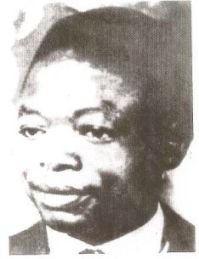
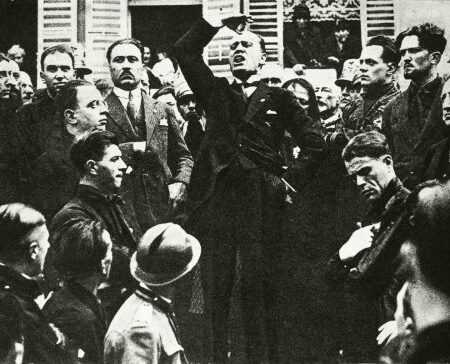
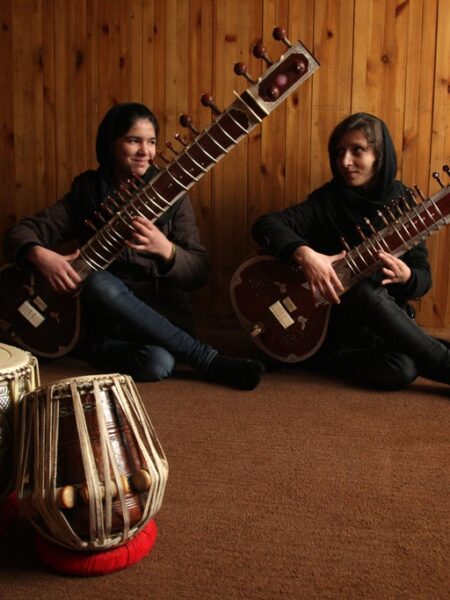
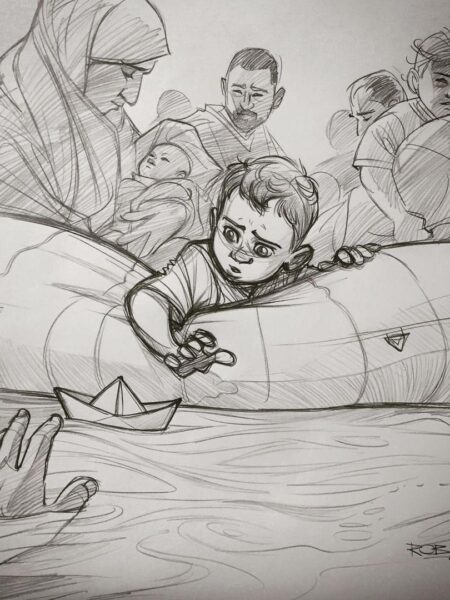

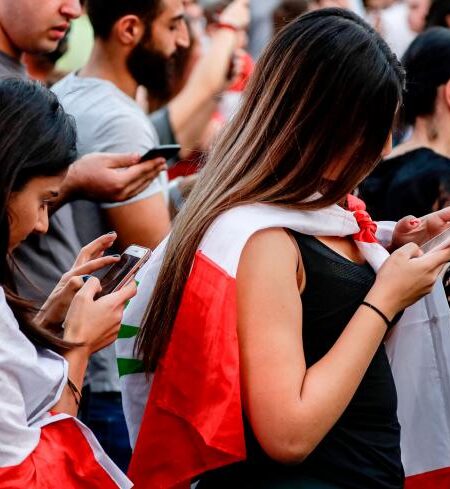
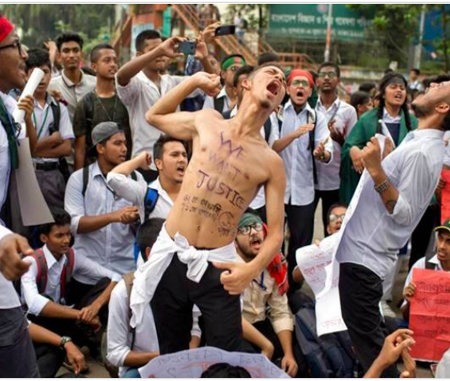
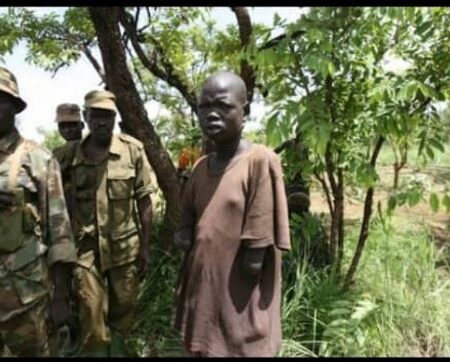
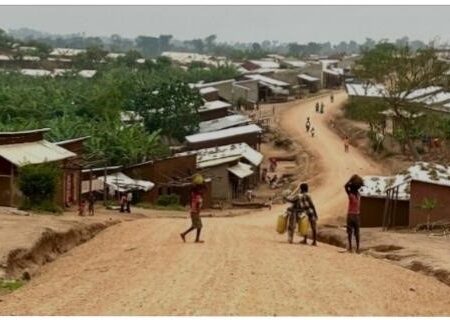
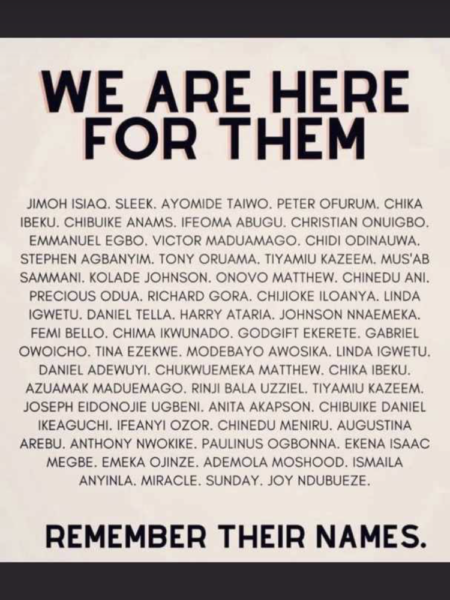
Dear Yacine,
this is a really wonderful, concise piece, which helped me greatly understand the recent history of Sudan – thank you!